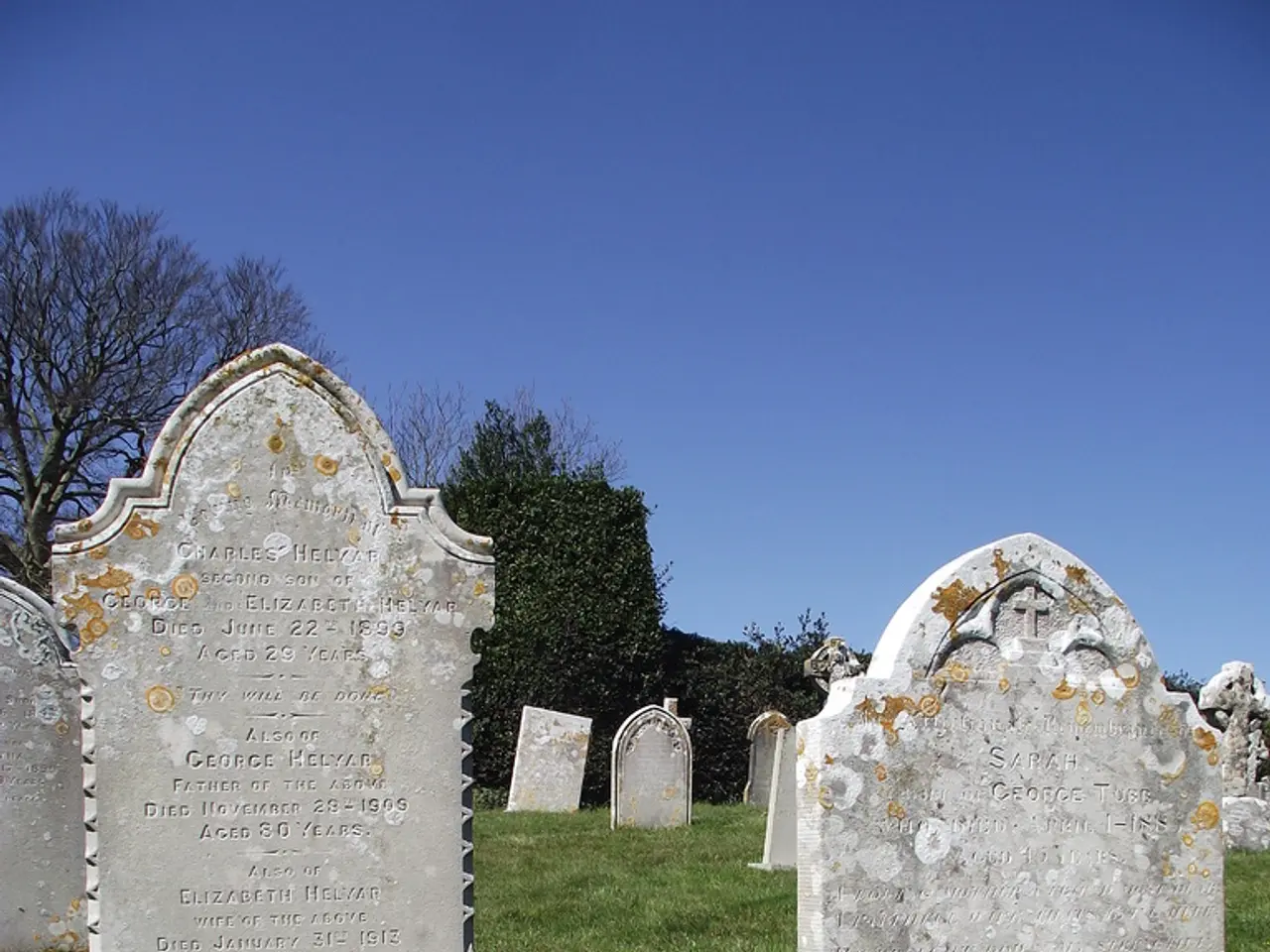A groundbreaking venture sets to revolutionize the industry with a promising oral medication.
Retro Biosciences, a pioneering longevity startup, is making waves in the healthcare industry with its ambitious goals to keep people healthy, alert, and vibrant until their last days. Backed by prominent investors, including OpenAI CEO Sam Altman, the company is on a mission to extend life expectancy by a significant margin.
Located in 'hard pre-clinical mode', Retro Biosciences has at least three major ideas to reverse aging. One of its most promising projects is an experimental pill named RTR242, which is currently in development. If successful, this memory pill could potentially restart stalled autophagy processes in the body and repair damage, particularly in brain cells. This could pave the way for the treatment of debilitating diseases like Alzheimer's and Parkinson's, by removing the 'junk in the cells' associated with these conditions.
RTR242 aims to reverse Alzheimer's by reactivating autophagy, a cellular recycling process. Autophagy is a natural process in the body that helps to clear debris and repair damage. In the case of Alzheimer's, this process is often stalled, leading to the accumulation of harmful substances in the brain. By reactivating autophagy, RTR242 could potentially clear away these harmful substances and slow down or even reverse the progression of the disease.
Retro Biosciences is collaborating with OpenAI to develop an AI for protein design, named GPT-4b micro, which improves the expression of markers for stem cell reprogramming by 50 times. This collaboration indicates a more radical streak under the surface of the company, as it seeks to push the boundaries of what is currently possible in the field of longevity research.
The startup plans to begin its first human clinical trial by the end of 2025. The trial site for this groundbreaking research will be located in Australia. Institutions that have invested in Retro Biosciences to finance the first clinical studies include Sam Altman, CEO of OpenAI, who has invested at least 180 million US dollars. The investment also involves generous backers, but Sam Altman's contribution is specifically highlighted due to his prominent role in the tech industry.
Peter Fedichev, a physicist who isn't involved with Retro, hopes that Retro's work is more ambitious than its current focus on autophagy. If successful, Retro Biosciences could be in the same league as Jeff Bezos-backed Altos Labs, another company making waves in the field of longevity research. Retro Biosciences is in pre-clinical development for a blood disease treatment that produces fresh blood stem cells for patients using their own cells (RTR890), and is also in pre-clinical development for a stem-cell derived therapy for treating central nervous system diseases (RTR888).
The company aims to raise $1 billion (around €850 million) in its Series A funding round. If Retro Biosciences achieves its goals, it could potentially extend the life expectancy of the adult population by ten years, which is considered a huge achievement in healthcare. Curing cancer typically extends life expectancy by about three years, while curing heart disease extends it by about four years. With Retro Biosciences' innovative approach to longevity research, the future of healthcare looks brighter than ever.
Retro Biosciences is set to enroll its first participant by the end of the year, marking a significant milestone in its journey towards extending life expectancy and improving the quality of life for millions of people around the world. The memory pill developed by Retro Biosciences could potentially revolutionize the way we treat and understand debilitating diseases like Alzheimer's and Parkinson's, and could pave the way for a future where people live longer, healthier lives.
Read also:
- Researchers delve into unexplored territories of cardiovascular wellness with the Apple Watch
- Enhancing Vaginal Health through Probiotics: Top Strains for Maintaining pH Levels
- Uncovered in a Danish cellar, a 130-year-old butter additive harbors bacteria dating back to the 1890s.
- Duties and Responsibilities of a Caregiver for Dementia Patients (A Simplified Handbook)





